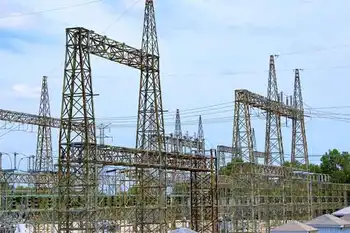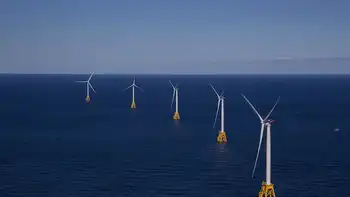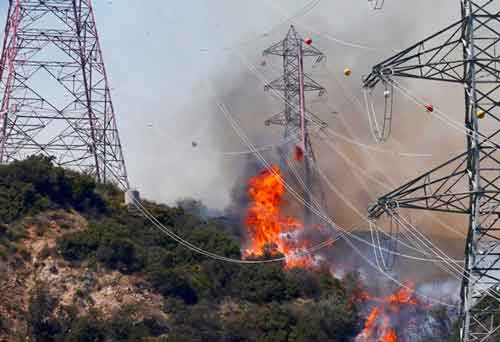Hydropower and Sustainability Forum Draws Experts to Gatineau
GATINEAU, QUEBEC - Over 100 U.S. and Canadian experts in government, energy, and the environment met in Gatineau, Quebec recently to exchange views on sustainability and hydropower at a forum hosted by the Canadian Hydropower Association.
Energy production and consumption - the main source of greenhouse gas emissions and air pollutants in the world - has a profound and lasting impact on the environment. By increasing the development of renewable energies, including hydropower, this impact can be reduced, and climate change, today's leading environmental challenge, can be addressed.
"But even renewable energies must be developed in a sustainable manner," emphasized Pierre Fortin, president of the Canadian Hydropower Association. "This means balancing economic, social and environmental considerations into decision-making at all stages of energy planning and development. Our forum focussed on the sustainable development opportunities and challenges for our industry."
Canada's hydropower industry adheres to international sustainability guidelines and has contributed to the development of assessment tools enabling planners, investors and developers to respect these guidelines, which cover project selection, planning, construction, and operations of facilities.
Hydropower has many ecological, economic and social advantages over other sources of electricity. A clean and renewable technology, it can contribute to meeting energy needs in Canada, the United States and South America, while mitigating continental greenhouse gas emissions and reducing harmful air pollutants. And the unique operational flexibility of reservoir hydropower makes it the best support for the development of other renewable, but intermittent, sources of energy such as wind and solar.
"Hydropower has played, and will continue to play, a major role in providing clean, sustainable and reliable electricity generation both north and south of the US/Canadian border," added Fortin. "However, new incentives must rapidly be put in place to support its development, including streamlined environmental assessments, and emissions credits to all new hydropower projects."
Despite the many advantages of this renewable source of energy, the development of hydropower projects faces increasing difficulties, including highly complicated and unclear federal and provincial/territorial environmental assessment processes that are too focussed on local impacts, to the detriment of the larger impacts on the environment, such as acid rain, smog, and global warming.
Related News

National Energy Board hears oral traditional evidence over Manitoba-Minnesota transmission line
WINNIPEG - Concerned Indigenous groups asked the National Energy Board this week to take into consideration existing and future impacts and treaty rights when considering whether to OK a new hydro transmission line between Manitoba and Minnesota.
Friday was the last day of the oral traditional evidence hearings in Winnipeg on Manitoba Hydro's Manitoba-Minnesota Transmission project.
The international project will connect Manitoba Hydro's Bipole III transmission line to Minnesota and increase the province's electricity export capacity to 3185 MW from 2300 MW.
#google#
During the hearings Indigenous groups brought forward concerns and evidence of environmental degradation and restricted access to traditional lands.
Ramona Neckoway, a…




